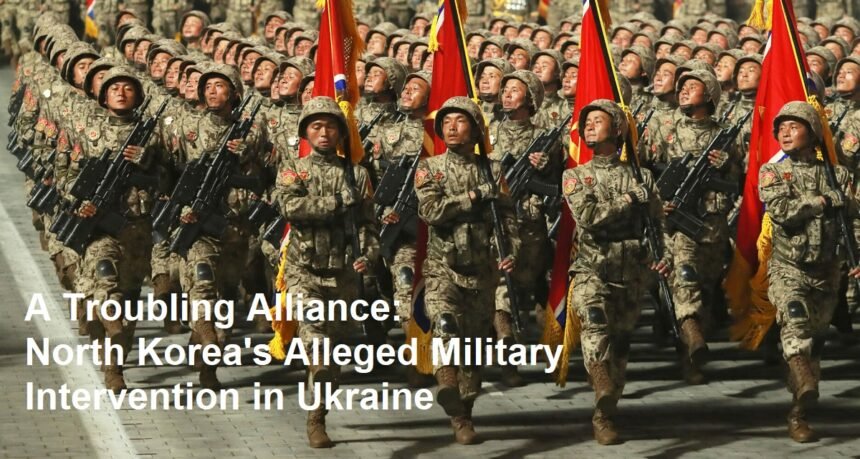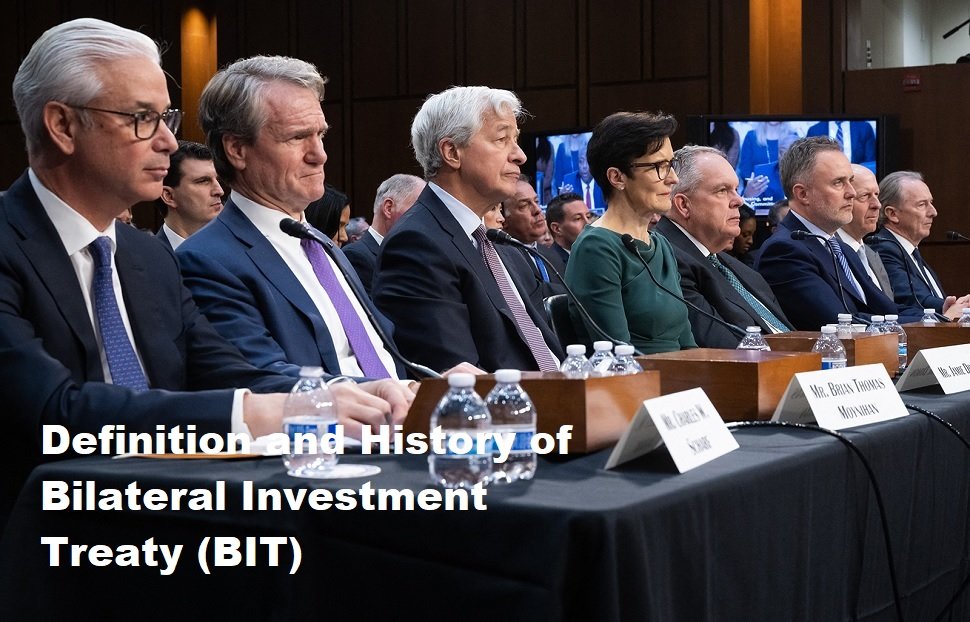On April 28, 2025, reports surfaced alleging North Korea’s unprecedented deployment of military forces to aid Russia in its ongoing conflict against Ukraine. This development, if verified, marks a significant escalation in the geopolitical landscape and raises serious concerns about regional and global stability. While official confirmations from Pyongyang and Moscow remain elusive, the proliferation of credible sources suggesting this alliance demands careful scrutiny and a thorough assessment of its potential ramifications.
The motivations behind such a drastic move by North Korea are likely multifaceted. Firstly, Pyongyang, under the Kim regime, has long sought to bolster its international standing, often through defiant displays of military might and unwavering support for nations perceived as adversaries to the Western world. Providing military assistance to Russia could be viewed as a means of solidifying its anti-Western credentials and demonstrating its willingness to challenge the existing international order.
Secondly, economic factors may be at play. North Korea’s economy is notoriously fragile, burdened by international sanctions and chronic mismanagement. Military assistance to Russia could be a calculated gamble, potentially leading to increased economic support from Moscow, including access to vital resources and technologies. This could provide a crucial lifeline for the beleaguered North Korean regime and alleviate some of the pressure from international sanctions.
However, the consequences of North Korea’s involvement in the Ukrainian conflict are far-reaching and potentially devastating. The introduction of North Korean troops into the warzone would undoubtedly intensify the conflict, leading to increased casualties and further destabilization. North Korean military tactics and equipment are largely untested in modern warfare, and their integration into the Russian war effort could introduce unpredictable elements and exacerbate existing tensions.
Furthermore, this alleged alliance raises serious concerns about the proliferation of military technology and expertise. Concerns exist that Russia may be willing to share advanced military technology with North Korea in exchange for manpower and materiel. This exchange could significantly enhance North Korea’s military capabilities, including its nuclear and missile programs, posing a direct threat to regional stability and increasing the likelihood of future provocations.
The international community’s response to this potential alliance is critical. Strong condemnation and coordinated sanctions against both North Korea and Russia are necessary to deter further escalation and to signal that such actions will not be tolerated. Diplomatic efforts should be intensified to encourage Russia to reconsider its reliance on North Korean support and to persuade North Korea to refrain from further involvement in the conflict.
Moreover, the United Nations Security Council must play a more active role in addressing this crisis. While previous resolutions against North Korea have been hampered by vetoes from Russia and China, the Security Council must explore all possible avenues for enforcing international norms and preventing further destabilization of the region.
In conclusion, the reported deployment of North Korean troops to aid Russia in Ukraine represents a dangerous and potentially destabilizing development. While the full extent of this alliance remains to be seen, the implications are profound and warrant urgent attention from the international community. A comprehensive strategy that combines strong condemnation, targeted sanctions, and intensified diplomatic efforts is crucial to deter further escalation and to mitigate the potential consequences of this troubling alliance. Failure to do so risks further exacerbating the conflict in Ukraine and undermining the global security architecture.









